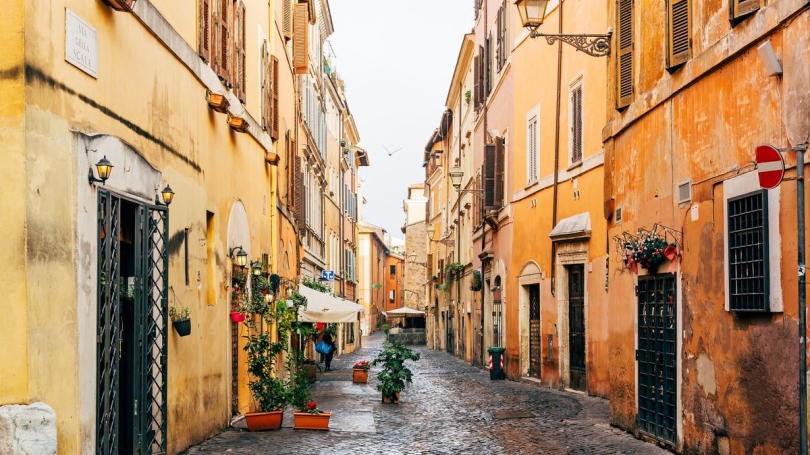
Spring 2024
Discover our Italian courses featuring innovative pedagogy, engaging experiential activities, and a deep sense of community. Embark on a learning journey that's not just about acquiring words and grammar. No matter your future career direction, Italian will enrich your experience with newly developed soft skills, intercultural sensitivity, and a global perspective. Join our welcoming and diverse community of faculty and students, where everyone is unique, heard, and valued.
------------------------------------
Italian 1: 1 section-Perego @ 10: An introduction to Italian as a spoken and written language, with emphasis on practical conversation. The course includes regular practice in class and scheduled drill-sessions in understanding and using the spoken language. Never serves in partial satisfaction of the Distributive or World Culture Requirements.
Italian 2: 1 section-Ciniglia-11: Rapid review and continued study of the fundamentals of Italian, with intensive work in vocabulary building. The course will also include an introduction to the culture and civilization of Italy. Open to students by qualifying placement or to students who have passed ITAL 1. Never serves in partial satisfaction of the Distributive or World Culture Requirements. Prerequisite: ITAL 1 or qualifying placement.
Italian 3: 2 sections-Convertini @ 10 and Alberti @ 11: This course is designed to reinforce and refine spoken and written language skills through a review of grammar, exposure to a broad spectrum of language ranging from colloquial to literary styles, and the use of samples of Italian language from multiple sources such as advertising, comics, television and literature. Frequent compositions, quizzes, plus linguistic and thematic analysis of texts. Open to students by qualifying placement or to students who have passed ITAL 2 or ARTH 12. Never serves in partial satisfaction of the Distributive or World Culture Requirements. Prerequisite: ITAL 2, ITAL 11 or ARTH 12 or qualifying placement.
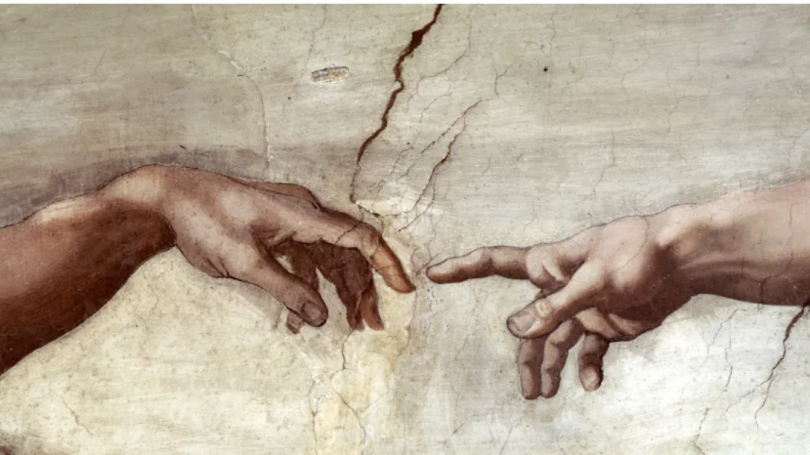
Italian 11: Ciniglia @ 10: This 1-credit course is designed for students with little or no knowledge of the Italian language, but who have a strong background in another Romance language (i.e. Spanish, French, Rumanian, Portuguese, Catalan, or Latin). Italian 11 is an accelerated course that combines Italian 1 and 2 in one term offering an exciting and fast-paced atmosphere to learn Italian. The course will have a hybrid component, that through cultural, grammar and multimedia introductory exercises will prepare students for the in-class activities. In this course, students will learn to talk about familiar events in the present and the past, as well as formulate plans for the future. Weekly cultural videos will situate in context the grammatical content of the course making it relevant and meaningful. Students will be actively engaged in a variety of creative written and oral activities that will help them develop their language skills. Upon successful completion of this course, students will be able to sign up for Italian 3 or apply for our Italian LSA in Rome. With the goal to facilitate the acquisition of the target language, this course will be conducted entirely in Italian.
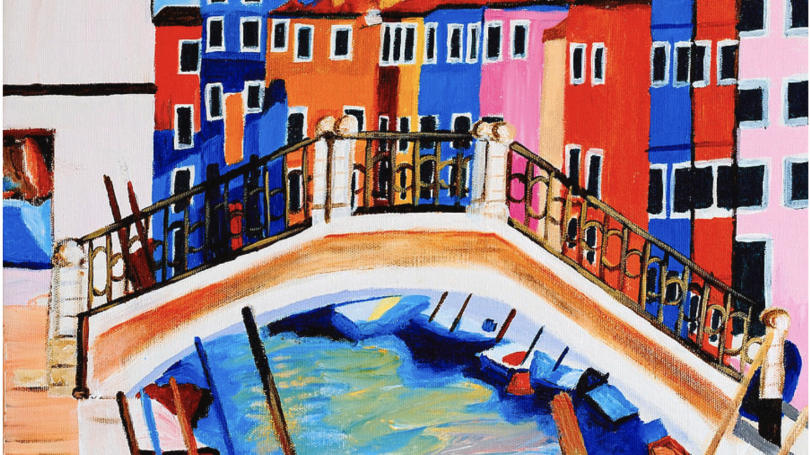
Italian 10.21: Eat, Pray, Love: Modes of Desire in Italian Literature-Alberti @ 12: An introduction to Italian Literature, especially short prose fiction and poetry. In this course, we will study the ways in which desire drives narrative plot; contributes to the creation of meaning; and challenges traditional constructions of politics, identity, community, gender and sexuality. Attention will be given to building a vocabulary and critical toolset for interpreting and writing about literary texts from Middle Ages to the contemporary period. NRO eligible. Dist:LIT; WCult:W. Prerequisite: ITAL 9.
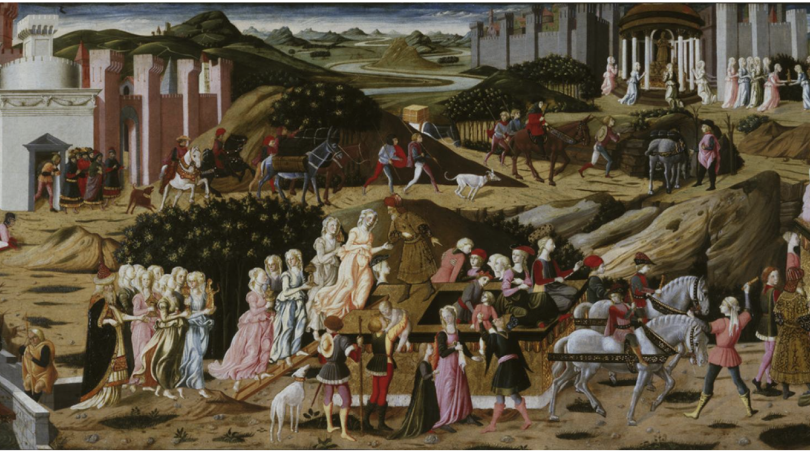
Italian 37.10: Mafias-Canepa-10: What is "mafia"? Organized crime, global big business, shadow state, deeply entrenched mentalities, glamorized myth, all of the above? This course focusses on Italian mafias (primarily the Sicilian Cosa Nostra) and, to a lesser degree, other Italian and Italian-American mafias. We will examine the conditions in which mafias emerged; those that make it possible for mafias to continue to thrive today; the social "codes" of the mafias, such as honor, omertà, and vendetta; and the forms that mafias take in the collective cultural imagination, in particular as they have been translated and represented in fiction and film on both sides of the Atlantic. In the process, we will explore Italian history and contemporary society and discuss topics such as the uses and abuses of power and the attraction of outlaw cultures. This course is not open to students who have received credit for ITAL 07.07. This class is taught in English. Cross Listed Courses: COLT 57.12. Dist:INT or SOC; WCult:W. NRO eligible. Students taking the course for major or minor credit must have ITAL 10 or permission of the instructor to enroll, and will attend a weekly X-hour in Italian.
Italian 26: Italian Cinema: Gilebbi @ 2: Conducted in Italian, this course introduces students to classic Italian cinema, including its history and its predominant genres-from the silent film to comedy and melodrama and thriller. Students will become familiar with Italian cinematic movements such as Neorealism, directors such as Federico Fellini and Roberto Benigni, as well as with important concepts in film analysis. Prerequisite: ITAL 10 or permission of the instructor. Dist:ART; WCult:W. NRO eligible.
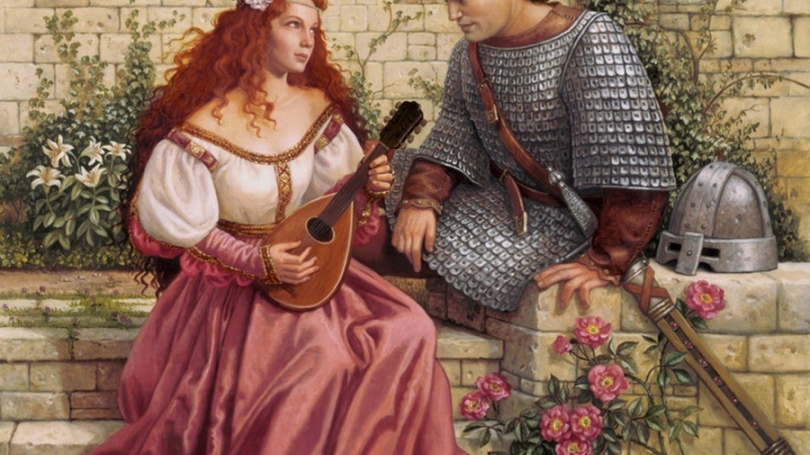
FRIT 31: How Languages are Learned- Convertini @ 11: Many approaches to language teaching and learning have been proposed and implemented over time. From learning grammar rules and lists of vocabulary to memorization and practice of correct sentences to natural communication, project work, communicative language teaching, and content-based learning, this course will introduce students to some of the language acquisition research that will help them understand how languages are learned. Topics explored in the course will include language awareness, bilingualism, early-child language learning, the major trends in twentieth-century language teaching, and the role of technology in language learning. The course will also offer students the opportunity to reflect on language learning on a personallevel, to find out how they think as language learners and how they can empower themselves to learn languages in an active andengaged manner. Hands-on activities, including class observations, textbook evaluations, and interviews with language learners, will complement the course. Open to all students. Text, lectures, and discussion in English. Students taking the course for major or minor credit in Italian will attend a weekly x-hour and do all written work in Italian. Not open to students who have received credit for FRIT 093. Dist:SOC; Lang:LRP. NRO eligible.
- Undergraduate
- Study Abroad
- Careers and Opportunities
- Overview
- Internships
- Apprentice Teacher Info
- Student Awards and Prizes
- Arianna Pagani ’93 Memorial Prize In French And Italian
- Bruno Tollon Prize In French Studies
- Cloise Appleton Crane Prize In French And Italian
- François Denoeu Memorial Prize
- French Consulate Prize
- George E. Diller Memorial Prize
- Lawrence And Sheila Harvey Prize In French And Italian
- Paul D. And Marilyn M. Paganucci Prize In Italian
- Pray Modern Language Prize In French And Italian
- Ramon Guthrie Achievement Award In French
- The Colette L. Gaudin Prize in French
- Thomas J. Gaudet, Jr. Memorial Prize
- Endowed Research Grant
- Lectureship opportunities in Lyon and Toulouse
- What you can do with a major or minor in French and Italian
- News & Events
- People
Back to Top Nav
Back to Top Nav
Back to Top Nav
Back to Top Nav